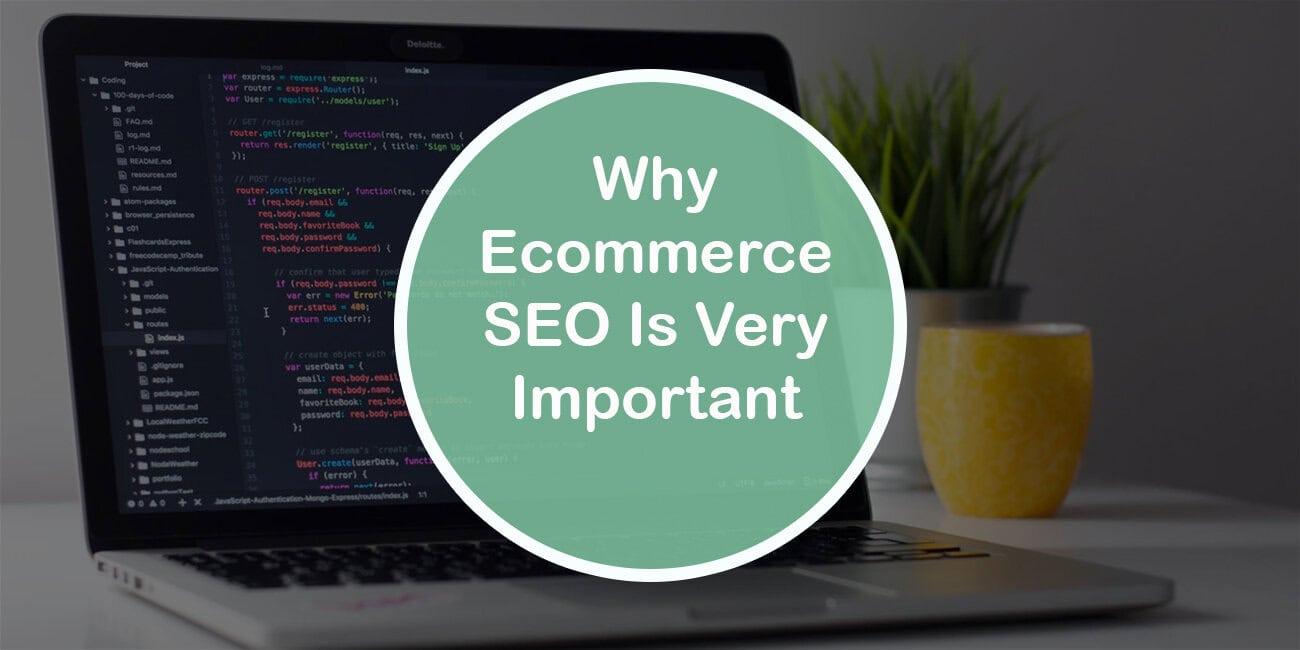Nowadays having a robust online presence is crucial for any business. For ecommerce companies, Search Engine Optimization (SEO) is not just important—it’s essential.
The recent challenges highlighted by the Economic Times, where several ecommerce firms experienced a dip in sales in Q4, underscore the importance of strong SEO strategies to maintain visibility and drive traffic amidst growing competition.
1. Enhances Visibility and Organic Traffic
SEO is vital for improving the visibility of your ecommerce site in search engine results pages (SERPs). Higher visibility leads to more organic traffic, which is a primary source of website visits. Effective SEO strategies ensure that your products appear when potential customers search for related items, increasing the chances of converting these visitors into buyers.

2. Builds Credibility and Trust
Websites that rank higher in search results are generally perceived as more credible and trustworthy by users. Implementing SEO best practices, such as creating high-quality content and obtaining backlinks from reputable sites, helps build your site’s authority. This increased trust can lead to higher conversion rates and repeat customers.
3. Cost-Effective Marketing Strategy
Compared to traditional advertising methods, SEO is a cost-effective way to market your ecommerce business. While it requires an initial investment in time and resources, the long-term benefits of improved search rankings and increased organic traffic often outweigh these costs. SEO in Houston focuses on targeting users who are actively searching for products similar to what you offer, making it a more efficient and effective marketing strategy.
- Improves User Experience
Good SEO practices enhance the overall user experience on your site. This includes improving site speed, ensuring mobile-friendliness, and creating a structured and easy-to-navigate website. A better user experience not only helps in retaining visitors but also positively impacts your site’s ranking on search engines, as user experience is a significant ranking factor.

5. Competitive Advantage
In the crowded ecommerce market, SEO can give you a competitive edge. By optimizing your site for search engines, you can outrank competitors and capture a larger share of the market. This is particularly important as more businesses move online, increasing the competition for the same customer base.
6. Supports Long-Term Growth
SEO is not a one-time effort but a long-term strategy. Continually optimizing your site for search engines ensures sustained growth and adaptability to changes in search algorithms and consumer behavior. This ongoing process helps maintain and improve your rankings over time, leading to consistent traffic and sales growth. You can find more information on how to have additional help in ecommerce SEO here: fortismedia.com/en/industries/ecommerce-seo/
7. Drives Local and Global Reach
With the right SEO strategy, ecommerce businesses can target both local and international markets. Local SEO helps in attracting customers from specific geographic locations, which is essential for businesses with a physical presence. On the other hand, global SEO strategies can help in reaching a wider audience, expanding your market reach beyond local boundaries.
Conclusion
The economic challenges faced by ecommerce firms in recent quarters highlight the need for robust SEO strategies. As seen in the mentioned article in the introduction, fluctuating sales figures can impact businesses significantly.
Therefore, investing in SEO is not just about improving search rankings but also about ensuring business resilience and growth in an increasingly competitive online marketplace.
By enhancing visibility, building credibility, and improving user experience, SEO plays a critical role in driving traffic and sales. As the digital landscape continues to evolve, businesses that prioritize SEO will be better positioned to navigate changes and achieve long-term success.

